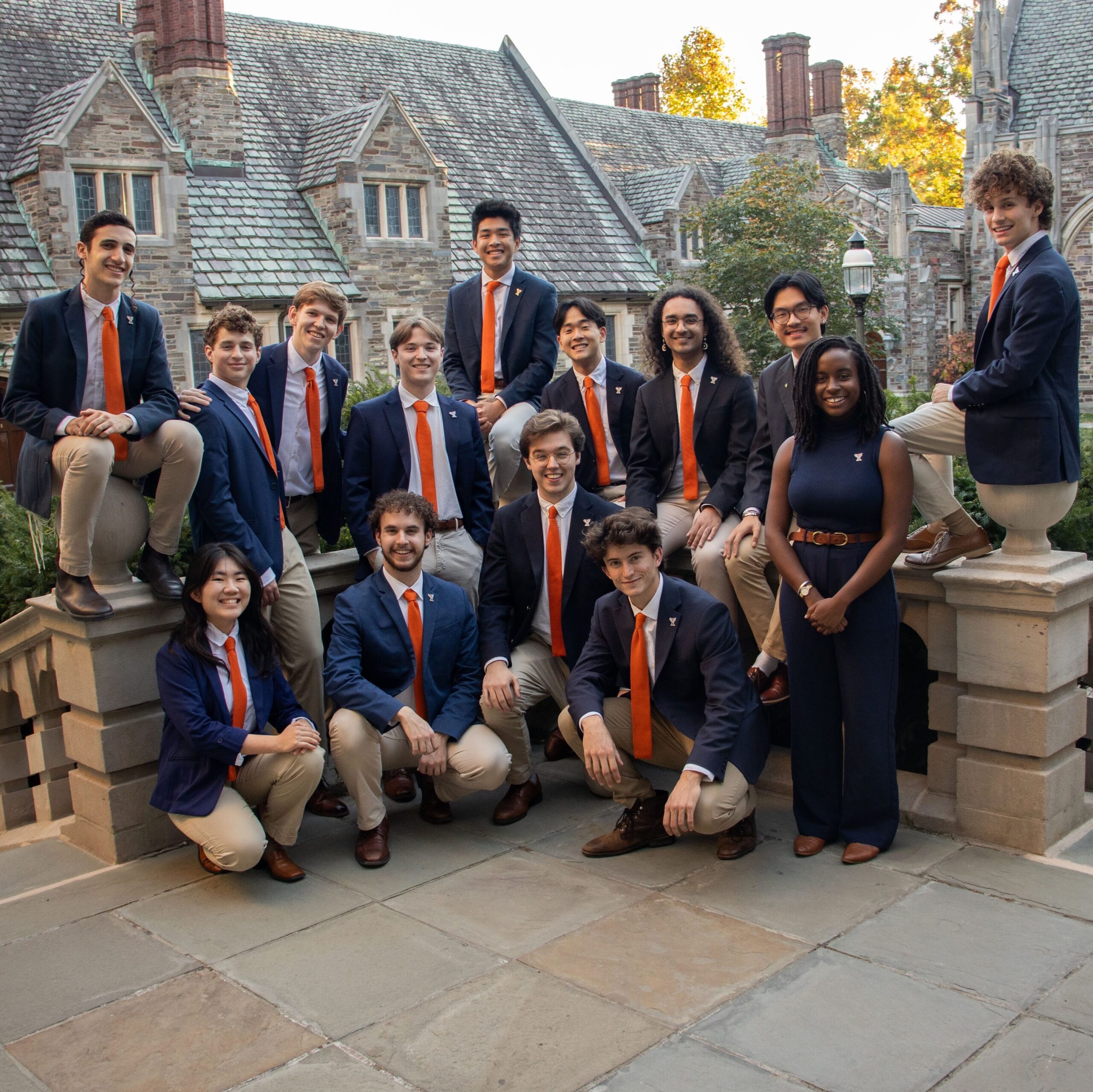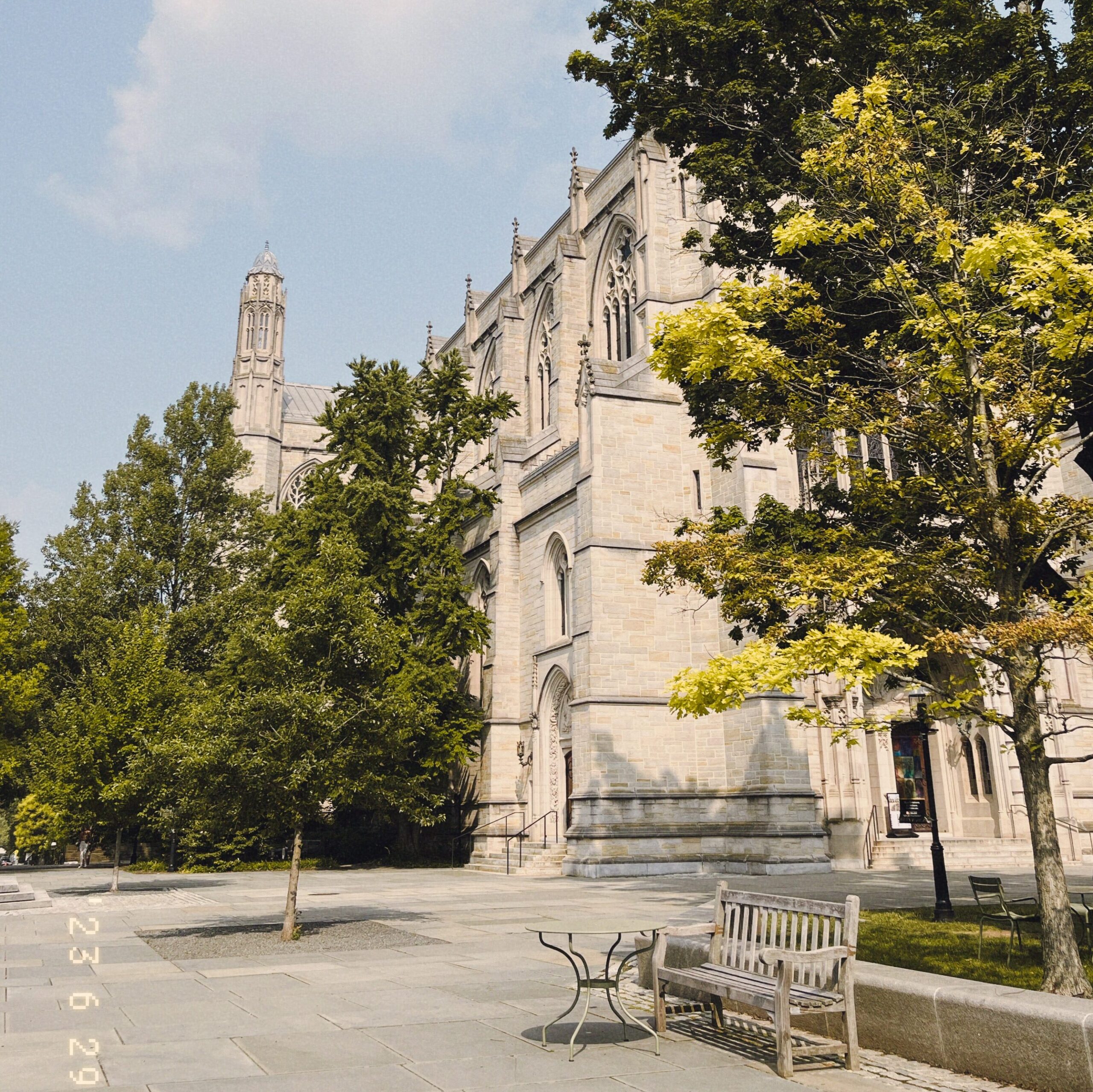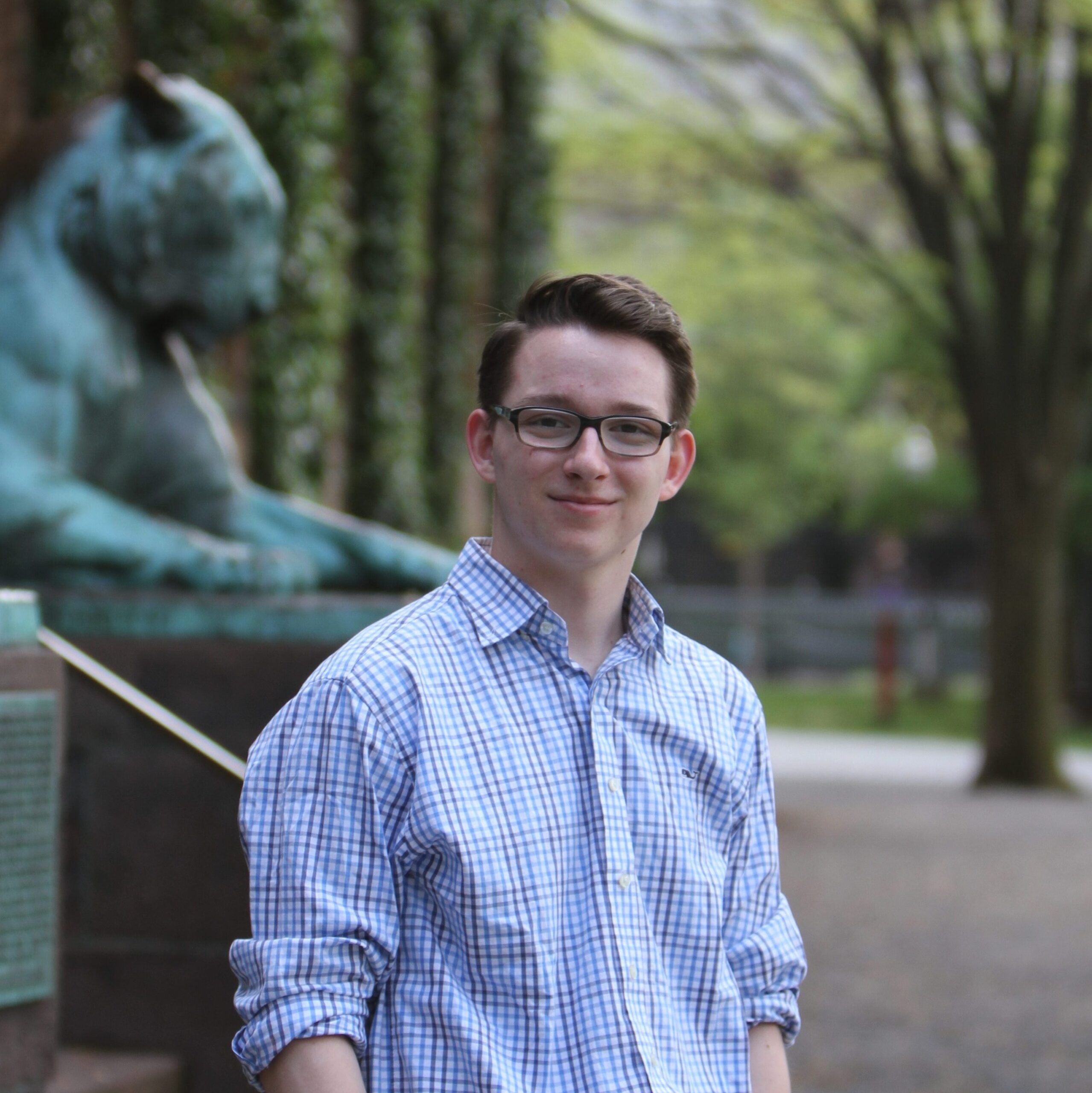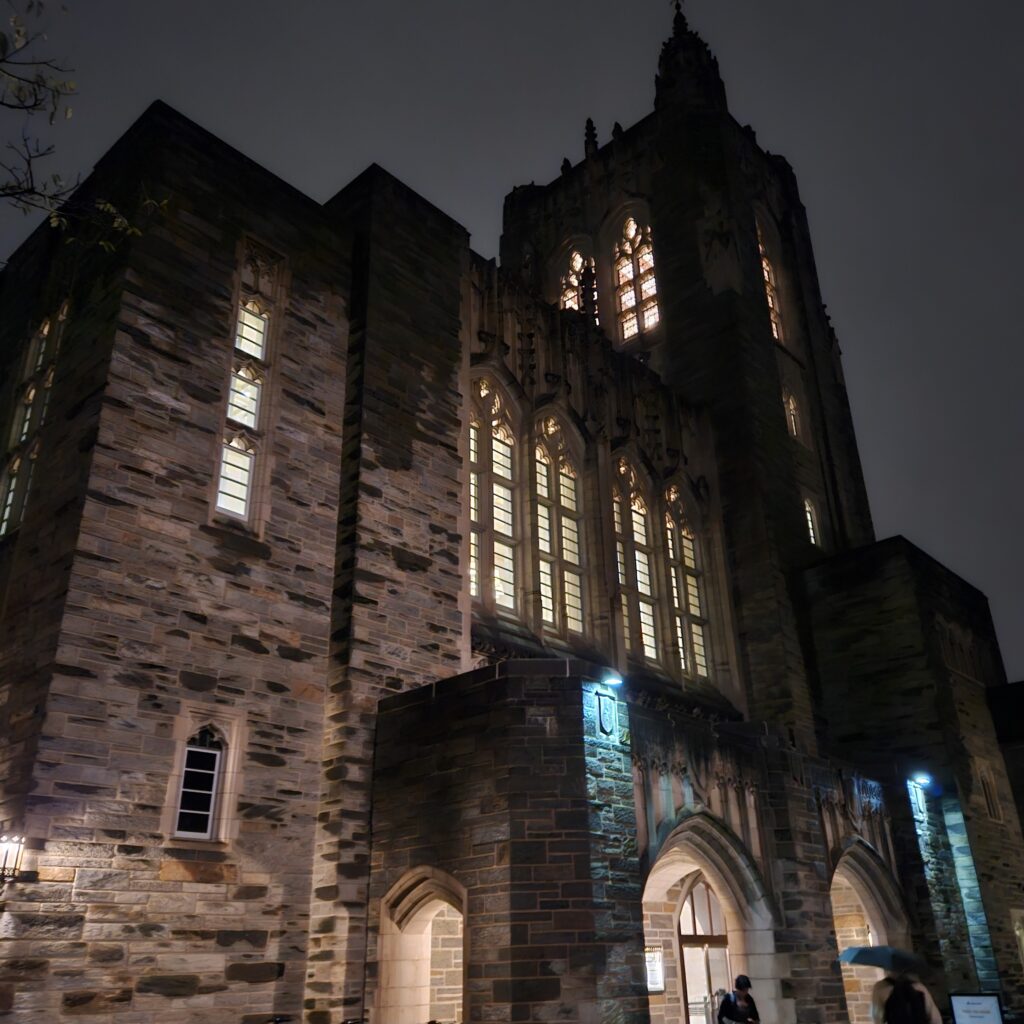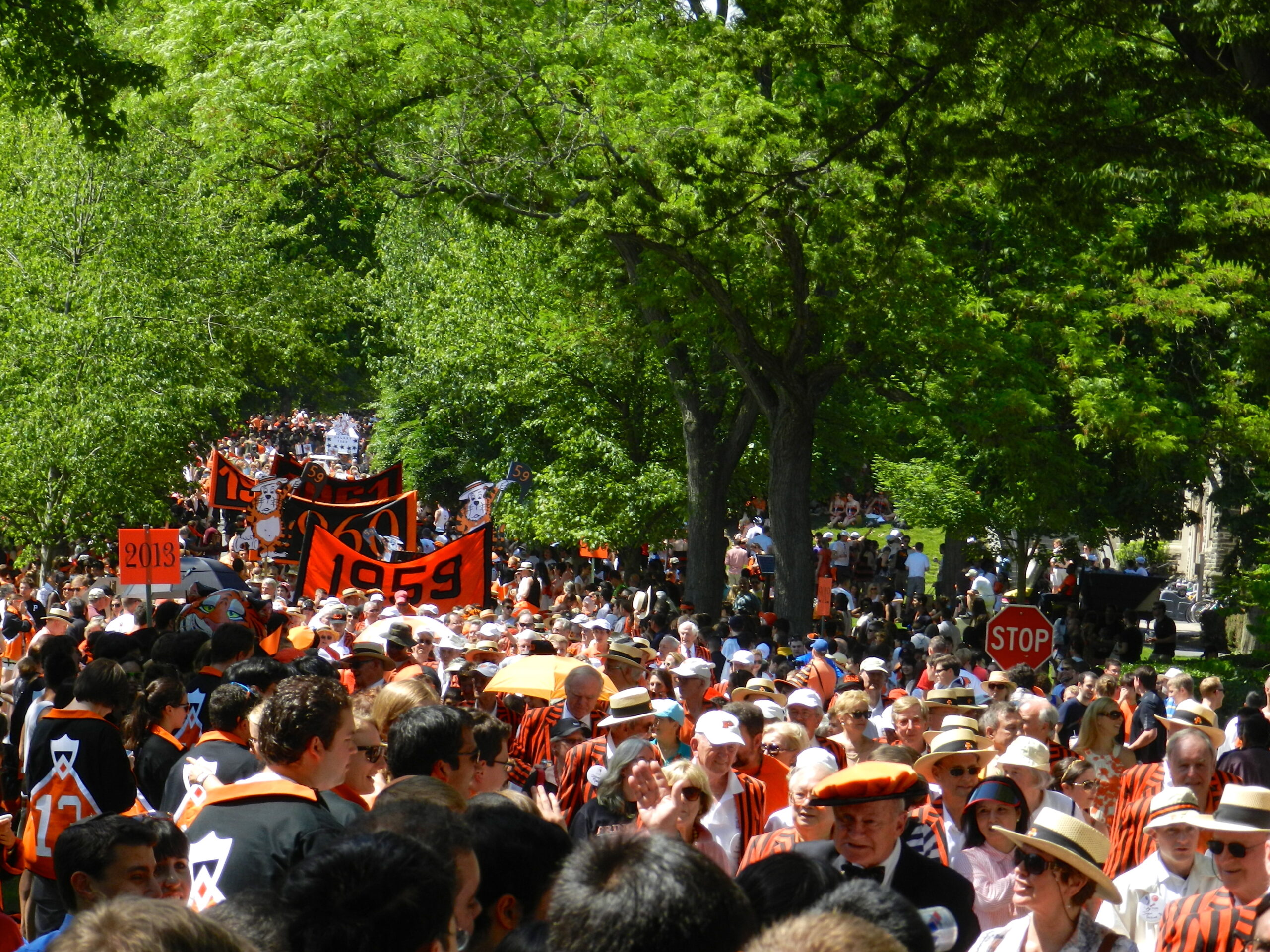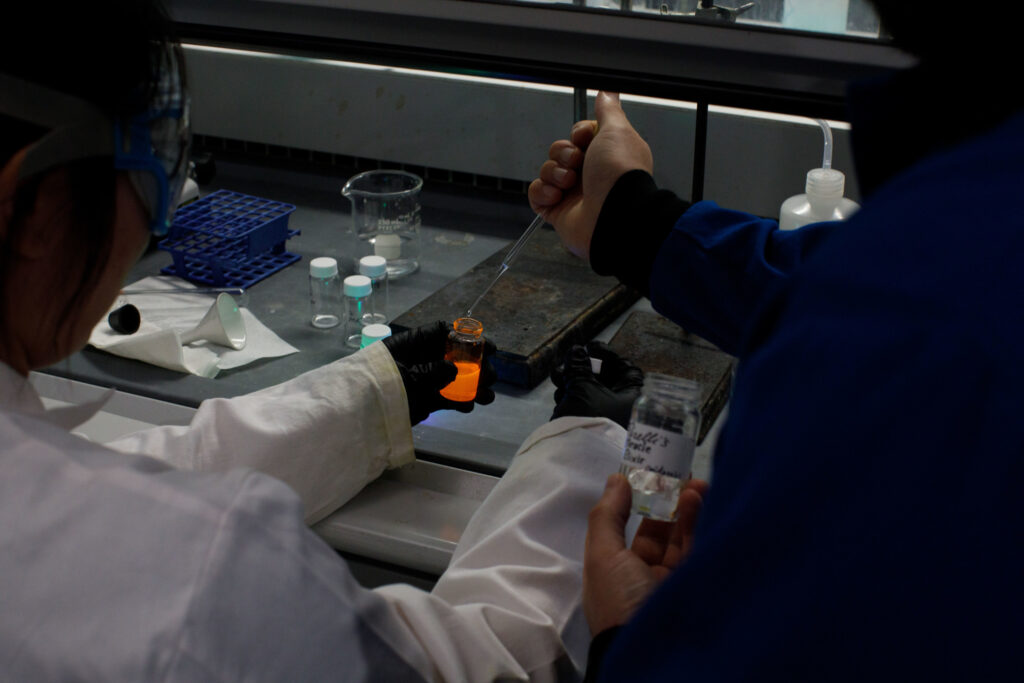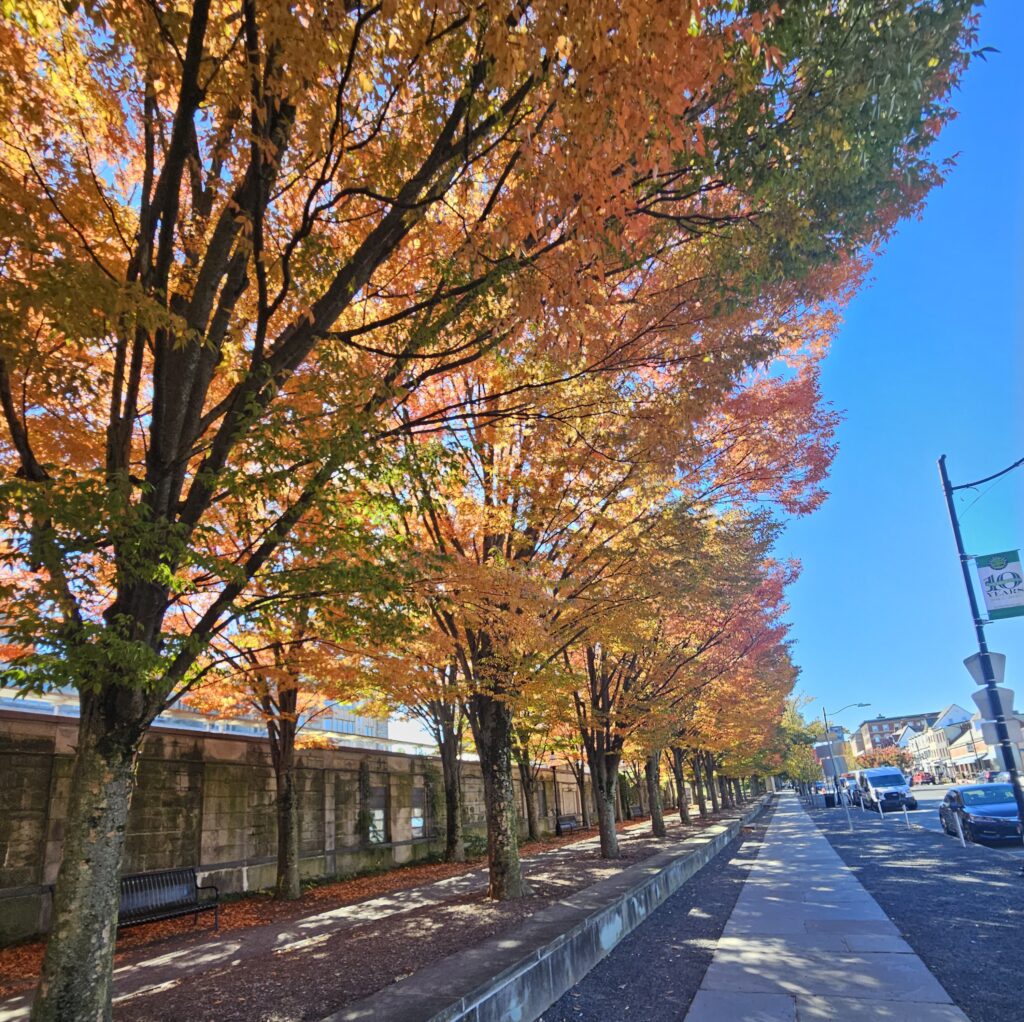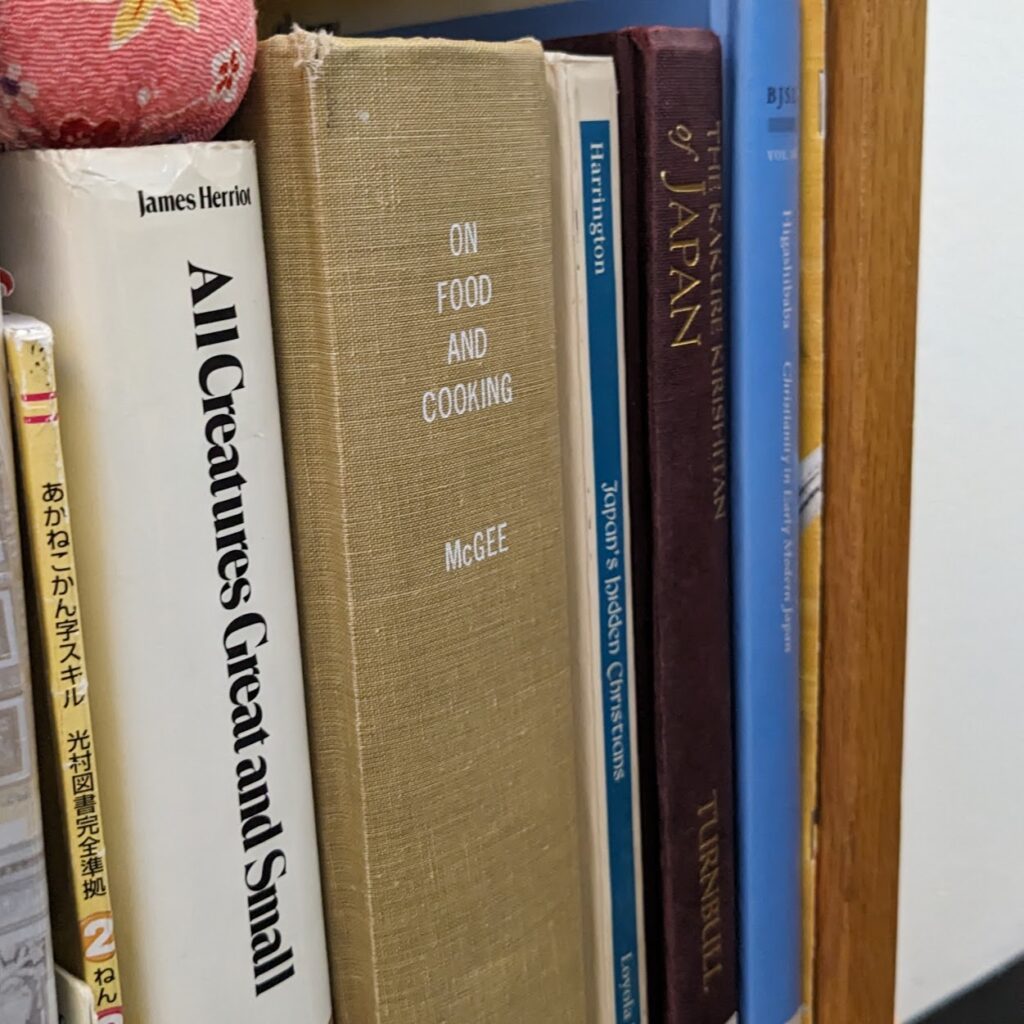
Reading is a fundamental part of one’s time at Princeton. Whether for sciences or the humanities, a great deal of coursework and independent research consists in careful and active reading. Reading for pleasure by oneself or as part of reading groups is also a common pastime, or at least a shared aspiration, of many students on campus. Moreover, Labyrinth Books’ and the University’s decision to cease coursebook sales has sparked a mix of dissatisfaction, outrage, and inventive solutions. With the end of textbook resales paired with personal interest for especially thought-provoking class readings, it is not uncommon for students to keep (at least some of) their coursebooks. It is quite natural, then, that over the course of one’s four years at Princeton, undergraduates tend to amass a good number of books and start to build up their own personal library. Thus, beyond our formidable library system and Labyrinth, it is good to know where and how to get books, even if such scholarly scavenging will not supply all of one’s textbook needs. Besides, building up one’s store of knowledge (and thought-provoking entertainment) is a worthwhile pursuit in itself.
Continue reading Begetting Books, on and off Campus: How, What, Where, and Why

